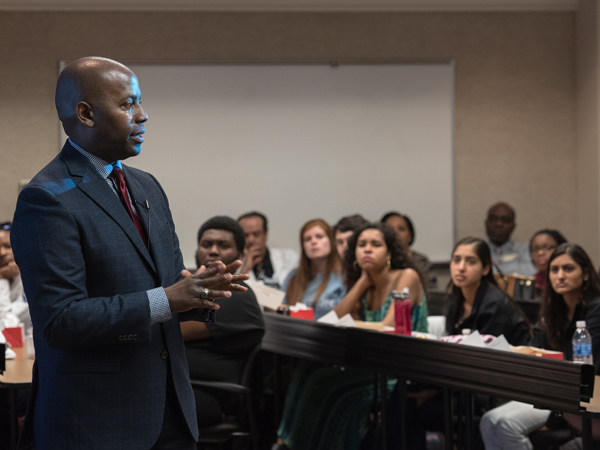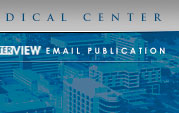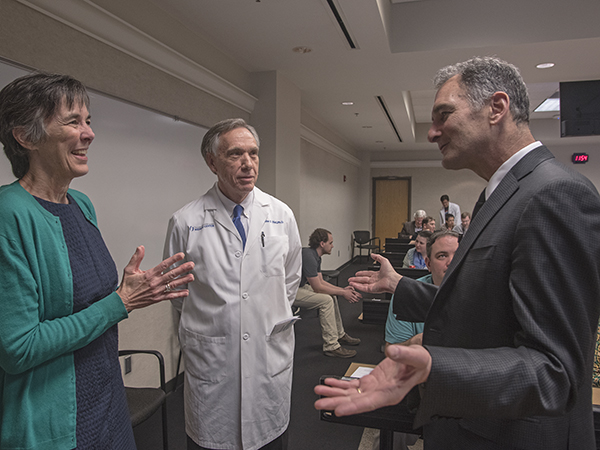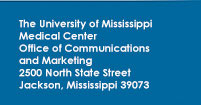|
Used to be, diabetes was seen as a disease of the older, obese adult. Today, that's not necessarily so. “When I was a med student, Type 2 diabetes was unheard of in a child. Today, there's a paradigm shift,” said Dr. Gerald Shulman, the George R. Cowgill Professor of Physiological Chemistry and co-director of the Yale Diabetes Research Center at Yale University. That's because obesity is becoming more common at an early age, Shulman said. “The CDC says that by 2050, one of every three Americans will have Type 2 diabetes. It's a very scary statistic if we don't change this.” Shulman on Wednesday delivered the Arthur C. Guyton Distinguished Research Lecture, “The New Biology of Type 2 Diabetes.” Established in 1990, the lectureship is reserved for “the most distinguished physiologists,” said Dr. John Hall, Arthur C. Guyton professor and chair of physiology and biophysics at the Medical Center. Shulman, Hall said, has made enormous contributions in the field of diabetes, and his works have been cited 85,000 times. “He's changed the way we look at diabetes and metabolism,” Hall said. Shulman said he grew up with Guyton's renowned Textbook of Medical Physiology. “It inspired me to be a physiologist,” he said. Shulman's research group at the Howard Hughes Medical Institute “examines insulin resistance in patients with diabetes and in transgenic mouse models of insulin resistance,” the Institute says on its website. “Their long-term objectives are to elucidate the cellular mechanisms of insulin resistance and to identify new therapeutic targets to reverse insulin resistance in patients with type 2 diabetes.” Shulman told UMMC scientists of his work that explores why people become insulin resistant, a condition in which the body's cells don't respond normally to insulin produced by the pancreas. That leads to Type 2 diabetes, meaning blood glucose levels become abnormally high because the body isn't using insulin properly. Shulman is a pioneer in the development of non-invasive methods for measuring how carbohydrates like glucose are taken up into various tissues in the body. This has allowed him to study how insulin affects glucose uptake in both the muscle and liver in healthy human subjects and those with type two diabetes using safe, and non-intrusive methods. While there are many drugs available to treat diabetes, Shulman said, “they are not, in my opinion, treating the root cause - the molecular mechanism of insulin resistance.” Noting that while diet and exercise interventions for type 2 diabetes are very effective when followed as directed, many patients are unable to adjust their lifestyle accordingly. That's why he's intent on helping to develop novel therapies that will target the molecular mechanisms behind insulin resistance, potentially leading to therapies that would more effectively manage this patient population. “By reversing the buildup of lipids - by revving up mitochondria in the liver to make them burn more fat -- potentially we will have an effective way of reversing insulin resistance in diabetics.” The last Guyton lecture was in 2015, when Dr. D. Neil Granger, Boyd Professor and head of the Department of Molecular and Cellular Physiology at Louisiana State University Health Sciences Center, spoke on “Microvascular Responses to Inflammation.” The next lecture hasn't yet been scheduled.
|
























